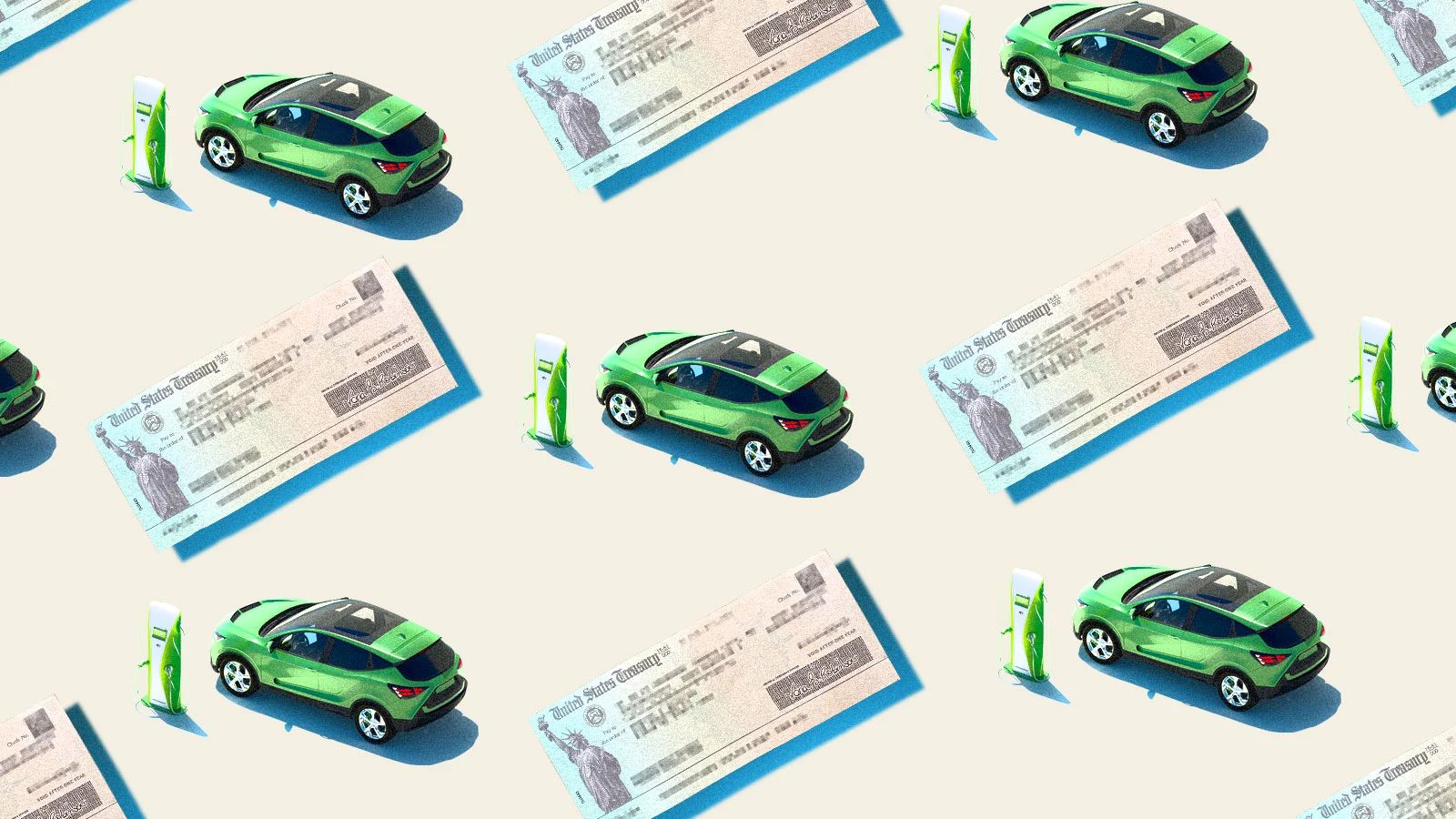The federal government is offering a tax credit for the purchase of an electric vehicle, and you can take advantage of it if you purchase a qualifying model. The list of vehicles that qualify can be found at the Alternative Fuels Data Center. Some manufacturers have more than 200,000 eligible vehicles, while others have fewer. Several manufacturers have reached the 200,000-EV threshold, and may not be eligible for credit this year. The credit is nonrefundable and only applies to taxes owed in a given year. You will have to apply the credit to your taxes, so you’ll need to plan accordingly. The credit can be applied to the sticker price of your electric vehicle, but it won’t roll over to a subsequent year.
Electric Vehicle Tax Credits
To qualify for the ev tax credit, you must purchase a new electric vehicle that is manufactured or assembled in the United States. In addition, the vehicle’s battery pack must meet stringent geographic and production requirements. To claim the tax credit, you will need to file IRS Form 8936 with your federal tax return. If you qualify, the credit can be used as cash or as partial payment for your new electric vehicle.
Depending on your income, you can apply for a $2,000 to $5,000 tax credit. Some states even have incentive programs to encourage drivers to buy EVs. California, for example, offers priority driving lanes and parking spots for EV drivers. And in New York, if you buy an EV, you could get a $500 or $2,000 rebate. The amount you receive depends on several factors, so you should contact your state’s Department of Energy to see if you qualify for an incentive program in your state.
New Rules On EV Tax Credit
New rules have made the electric car tax credit more accessible to consumers. In addition to eliminating the 200,000-vehicle sales cap, the law now requires final assembly of qualifying vehicles in North America. This change took effect on August 16, and you should be eligible for the credit starting August 16, 2022. If you are unsure of your model’s final assembly location, the Department of Energy has a list of around thirty models that are eligible for the credit. However, it is important to remember that this list is not perfect. Some automakers build the same model at different factories. So, it’s always a good idea to check the VIN to make sure.
To be eligible for the EV tax credit, you must buy an EV that costs at least $25,000 and is at least two years old. If you buy a pre-owned vehicle, however, remember that the credit will only be valid for your first purchase of the vehicle. To qualify for the credit, the car must be at least two years old and be assembled in the U.S., and you must include the VIN of the car when claiming the credit.
The amount of the electric vehicle tax credit varies depending on which state you reside in. You must also make sure to fill out Form 8936 for your eligible electric vehicle. Depending on your income, you may qualify for a lower federal tax credit than the one you’d receive if you purchased it. Make sure you are visiting americantaxservice.org for more information on this issue.
The federal EV tax credit can be worth as much as $7500 if you purchase an electric vehicle in the first five years. The IRS allows you to take up to seven percent of your tax bill in this manner. However, it is important to note that there are exceptions to the $7500 tax credit. Some vehicles won’t qualify because of their age or the battery’s age. To find out if you qualify for the EV tax credit, visit the U.S. Department of Energy Fuel Economy website. There, you’ll find a list of eligible vehicles and other details. To qualify, you must have an income of less than $150k or $225k as a single or married joint filer.
Last Few Words
The electric car tax credit may not be available until 2022. Inflation Reduction Act changes to the credit have eliminated the EV tax credit for those who bought their EVs before August 16, 2018. However, it will still be available for EVs delivered by 2023. If you buy an EV before then, you can still take advantage of the old EV tax credit, though you’ll be subject to income limits.
Visit for more information blog startups








